| IN A NUTSHELL |
|
The recent decision by Portugal to replace the American F-35 fighter jet with the French Rafale has sent ripples through the defense industry and geopolitical circles. As the country pivots toward European models for its military needs, this move signifies a shift in strategic priorities and highlights the complex interplay of international relations, economic interests, and military capabilities. This choice is not just about upgrading military equipment; it represents a larger narrative about autonomy, partnerships, and the future of global alliances.
A Major Shift in Defense Strategy
The announcement by the Portuguese government to withdraw from the F-35 program has sparked significant discussion among defense experts. The F-35 is renowned for its advanced stealth capabilities and is often considered one of the most sophisticated fighter jets available. However, Portugal has opted for the Rafale, a fighter known for its versatility and more manageable operational costs. This decision reflects a strategic adaptation to specific needs while optimizing available resources.
Key factors influencing this choice include the high cost of the F-35 and the Rafale’s better integration with European defense systems. The emphasis on European compatibility and flexibility was crucial for meeting Portugal’s long-term goals. As a result, the Rafale emerged as a more strategic option, aligning with Portugal’s vision for its defense future.
Economic and Industrial Implications
Beyond military considerations, Portugal’s selection of the Rafale carries significant economic impacts. By choosing a European aircraft, Portugal is reinforcing its ties within the European Union. This partnership could lead to technology transfers and industrial collaborations, potentially boosting the local economy.
The defense sector stands to gain from new investments, creating jobs and fostering technological innovation. Portugal’s decision may also encourage other European nations to adopt similar solutions, thereby strengthening the continent’s strategic autonomy. This move aligns with broader efforts to enhance European defense capabilities and reduce reliance on non-European military technology.
Technical Comparison: F-35 vs. Rafale
The F-35 and Rafale represent two distinct approaches to military technology. The F-35 is often praised for its stealth capabilities and advanced systems, though these innovations come at a high cost. The Rafale, on the other hand, is valued for its maneuverability and ability to perform a wide range of missions effectively.
Performance Comparison Table
| Characteristic | F-35 | Rafale |
|---|---|---|
| Unit Cost | High | Moderate |
| Stealth | Superior | Moderate |
| Mission Flexibility | Specialized | High |
| European Integration | Low | High |
This table highlights the key differences between the two aircraft, illustrating why the Rafale was the preferred choice for Portugal. Its flexibility and controlled costs make it a prudent choice for addressing Portugal’s diverse mission requirements.
Implications for NATO and International Cooperation
Portugal’s decision to adopt the Rafale could impact dynamics within NATO. Traditionally, the military alliance favors standardizing equipment to facilitate cooperation among its members. However, Portugal’s choice of the Rafale underscores a trend toward diversification and autonomy in defense matters.
This strategic decision might prompt other NATO countries to reconsider their own military equipment choices. By adopting the Rafale, Portugal demonstrates the possibility of balancing technological innovation with European integration.
As such, this decision raises questions about the future of NATO cooperation and how European countries can collaborate to bolster collective security while maintaining national sovereignty. Portugal’s move to embrace a European defense strategy begs the question: Could this influence other nations to pursue similar paths, thereby redefining traditional military alliances in favor of greater strategic autonomy?
Did you like it? 4.7/5 (26)
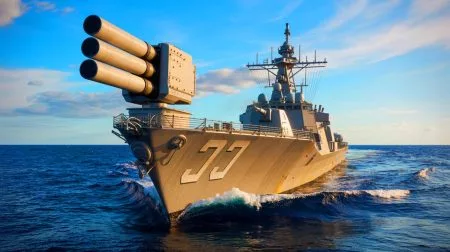
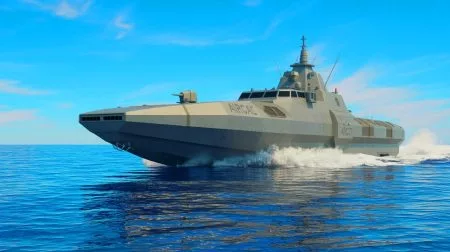
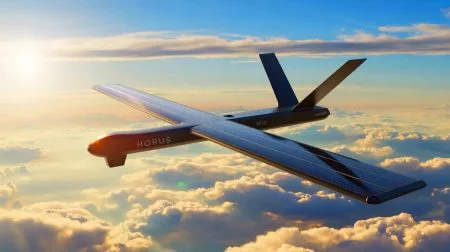

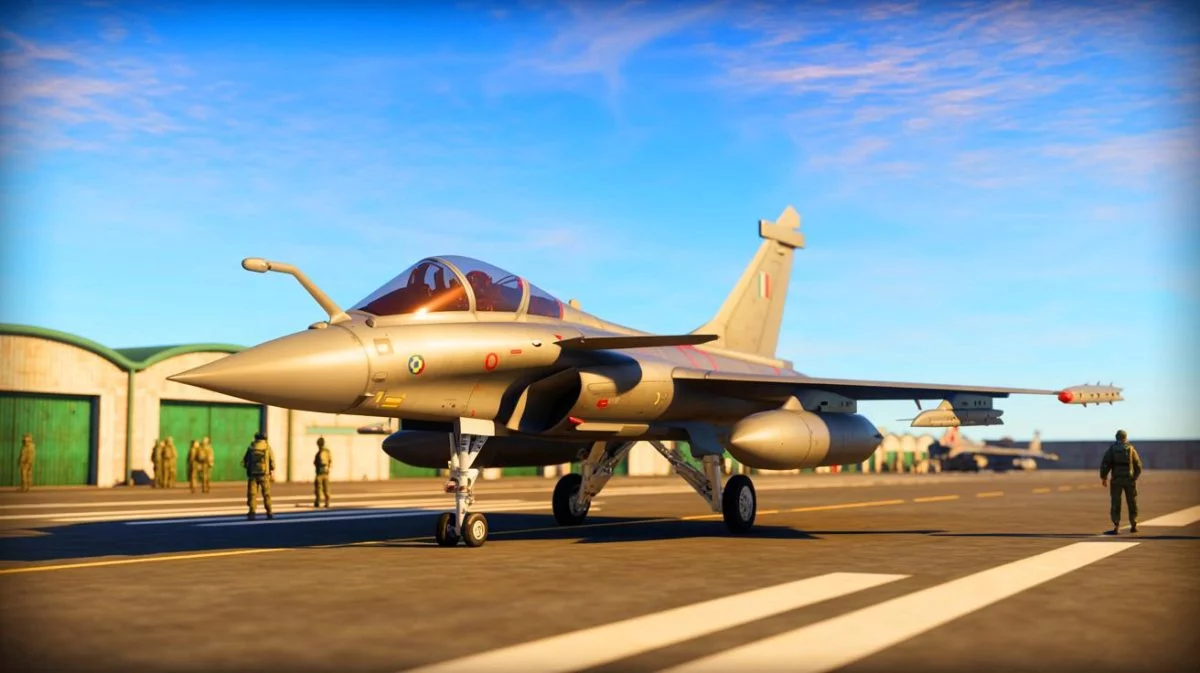
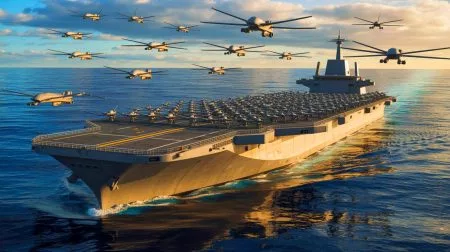
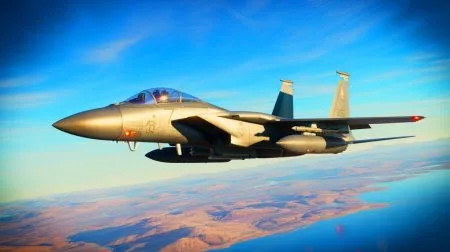
Wow, Portugal really went for a bold move! 🇵🇹 What do you think this means for NATO?
Interessanter Schritt von Portugal, aber wird das genug sein, um die Verteidigungsfähigkeit zu gewährleisten?
Finally, some European unity in defense! Bravo Portugal! 👏
Could this decision spark a trend among other European countries to ditch the F-35?
Warum hat Portugal so lange gebraucht, um sich für den Rafale zu entscheiden? 🤔
Is the Rafale really that much better than the F-35, or is this more about politics?
Ich frage mich, ob die wirtschaftliche Zusammenarbeit mit Frankreich wirklich so viel bringen wird.
Portugal’s move might shake up the aerospace industry more than we think!
Incredible! But why didn’t Portugal consider other European options like the Eurofighter?